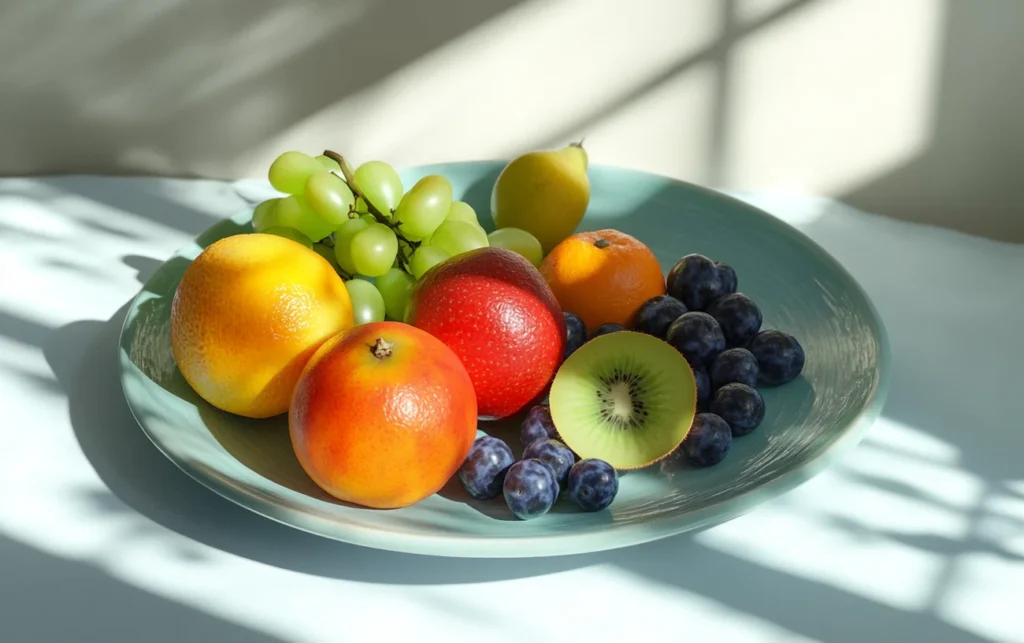Fruits are often considered a healthy dessert option, but consuming them immediately after a meal can actually hinder digestion and lead to discomfort. This practice can cause issues like bloating or indigestion. Here’s why and how to best enjoy fruits without disrupting your digestive system:
Why Eating Fruits After a Meal Isn’t Ideal
Fruits, especially sweet and sour ones like bananas, pears, or apples, contain simple sugars that are quickly absorbed when consumed on their own. However, when eaten after a heavy meal, particularly one rich in proteins, fats, or starchy foods (like meat and potatoes or pasta), the sugars in fruit can ferment in the stomach. This fermentation can slow down the digestive process and cause:
- Bloating
- Heaviness
- Gas or Discomfort
The sugars in fruits, when combined with foods that take longer to digest, may remain in the stomach for too long, leading to fermentation and the issues listed above.
The Best Time to Eat Fruits
To avoid these issues, it’s best to eat fruits at least 30 minutes before a meal. This allows the body to digest the sugars in the fruit quickly without any interference from the upcoming heavier meal. If you’ve already eaten, it’s a good idea to wait at least 2 hours after your meal before eating fruits. This timing gives your body enough space to digest the main course properly before introducing the simpler sugars from fruits.
By following these simple guidelines, you can enjoy fruits as a healthy snack without compromising digestion, ensuring both a pleasant and beneficial eating experience.

